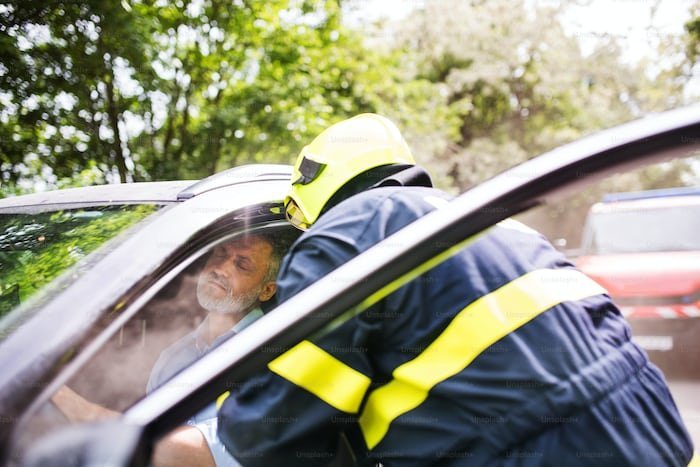Car accidents happen, and a lot of times, there are known causes for them. But the closest issue that is felt and the issue that arises a lot of times is the weather change and its effect on the roads and the accidents.
In the winter season, it is usually observed that the roads are full of snow, and that can cause a slippery situation for the cars to be driven. And in summertime, in areas where there is extreme heat, other issues regarding cars arise that can contribute to causing bad accidents.
A car accident lawyer can help you guide through the process of compensation when an accident occurs due to the impact of the weather.
Weather Conditions and the Risks
There are different types of weather conditions that can impose different risks on car accidents. If these risks are understood before time, then drivers can focus more on driving safely and can prevent accidents.
Snow and Ice: Snow and ice impact the road traction and can affect the visibility of the drivers when it comes to controlling the vehicles. Ice, a lot of times, gets invincible when it is black ice. Snow also blocks roads, while the performance of a vehicle can be impacted by the cold temperature.
Rain and Wet Roads: One of the most common weather conditions that occur and cause accidents is rain. It can reduce visibility pretty and can make the roads very slippery for the drivers to drive the car. There are long-distance stops required when the roads are wet. Other risks that come with rain include
Fog: Visibility, one of the important elements of good driving, is badly reduced by fog. It can make a visual illusion of slow motion when you may really be speeding, causing accidents. In foggy situations, drivers often do not correctly change their speed in order to tackle the loss of visibility.
Extreme Heat: In hot temperatures, it is seen that it is not only the vehicle that is affected but the driver is affected immensely. Heat causes sweating, which can lead to the loss of energy while driving. This ends up causing dehydration and extreme fatigue and affects the vehicle by increasing tire blowouts and overheating of engines.
Lightning: It is not very likely to cause accidents, but this can cause a lot of distraction for the driver that is driving the vehicle. In areas where there are quite open roads, it is very likely that the lightning causes power outages that can impact the street lights and the traffic signals.
The Role of Driver
In bad weather conditions, the role of the driver plays a very important role and must be looked at with great consideration. Here is what you need to know.
- Safe driving in good conditions does not differ much from safe driving under bad weather conditions. In bad weather, drivers do not always make the adjustments that are needed to reduce speed and accelerate, which follows further issues, like the use of headlights with lower visibility and avoiding immediate braking, taking sharp turns, or making rapid stops, which are more dangerous.
- One of the issues that is observed here is that the drivers are seen taking the risks for granted, thinking that these risks do not hold much value. This means that they do not take precautions when the road is icy or has snow, they do not recognize the hazards that come with foggy weather and do not focus on adjusting the speed according to different weather conditions.
- A lot of times, it is observed that drivers take a lot of pride in their driving skills. And some think that their vehicle is the best-performing vehicle in all conditions. Now, a lot of people think that the four-wheel drive helps immensely in traction, but this does not mean that it can perform well on the icy roads when driving.
- There is a lot of undivided attention needed when a driver is driving in bad weather. So, distractions like the use of mobile phones, eating while driving, and focusing a lot on multimedia instead of driving can cause serious issues when the weather is not okay.
- There is a lot of stress and panic observed when a person drives under bad weather. In such cases it must be made sure by the driver that he doesn’t focus a lot on the effects of the weather and focus more on what steps he can take to make the ride more comfortable.
Conclusion
In conclusion, bad weather conditions can make driving very difficult and challenging. So, using proper precautions can help in dealing with the weather conditions and it must be made sure that the safety of the driver and other passengers is made sure.
Also read about: smart square hackensack
